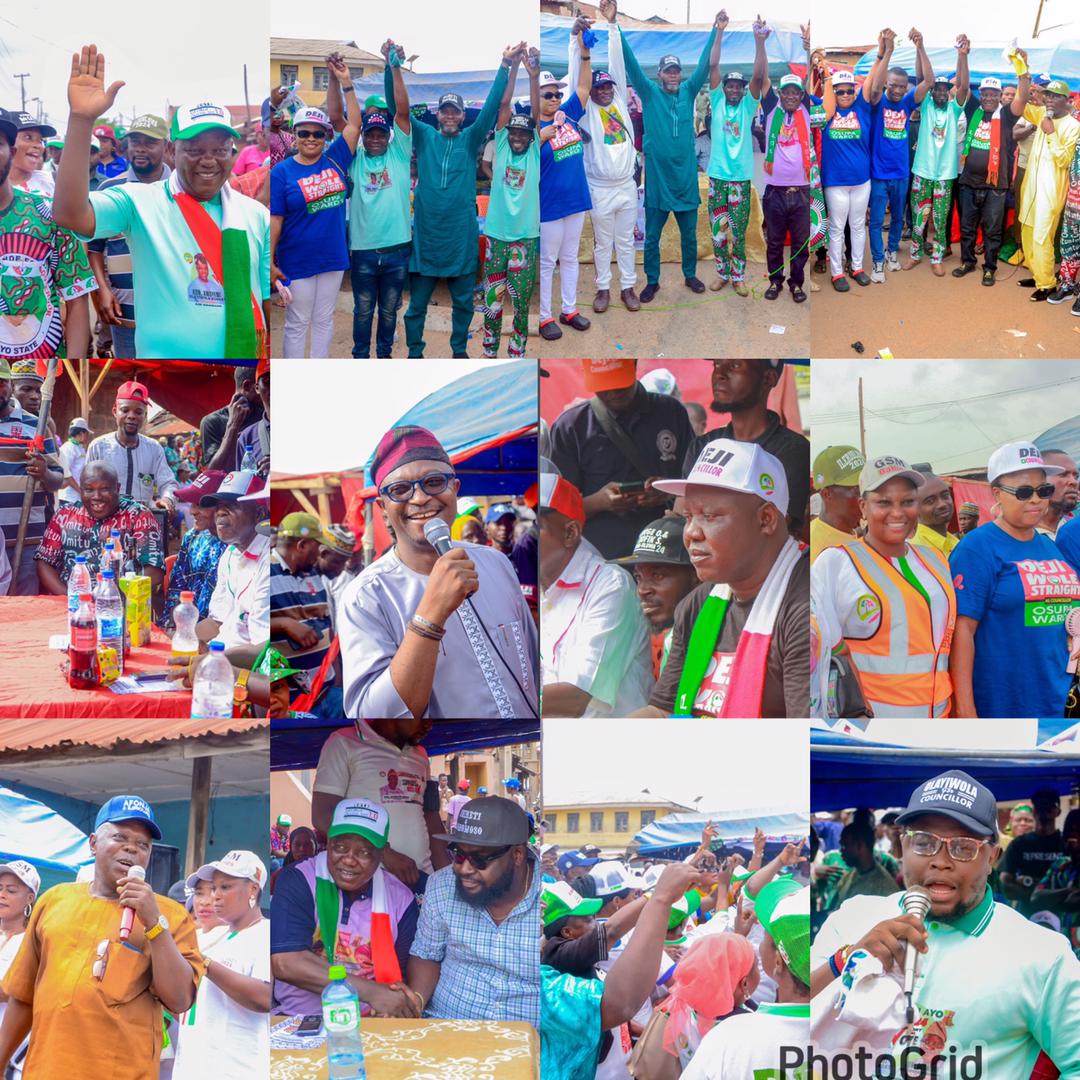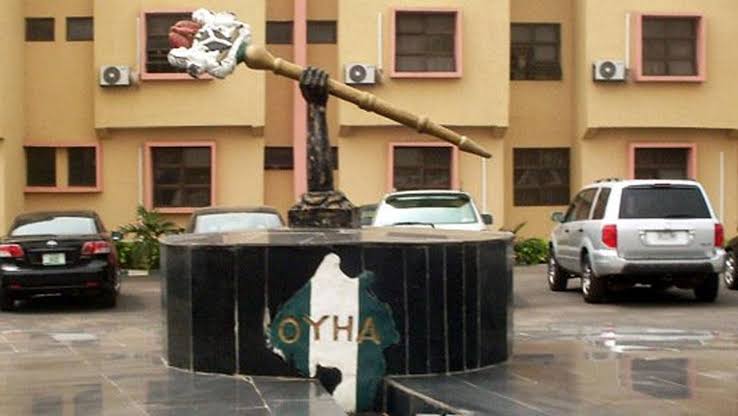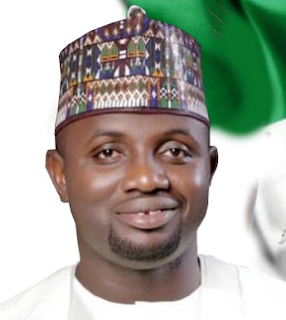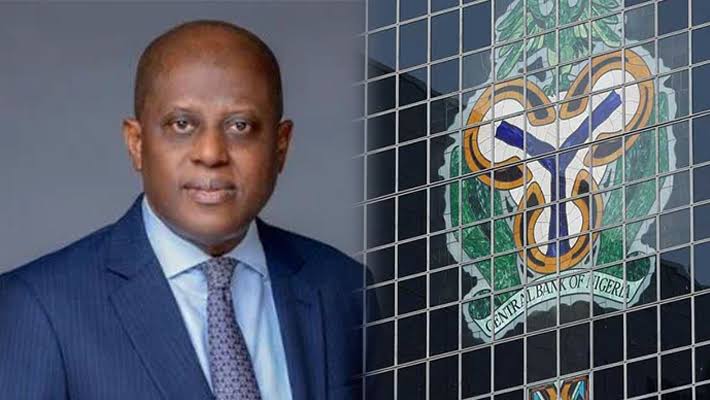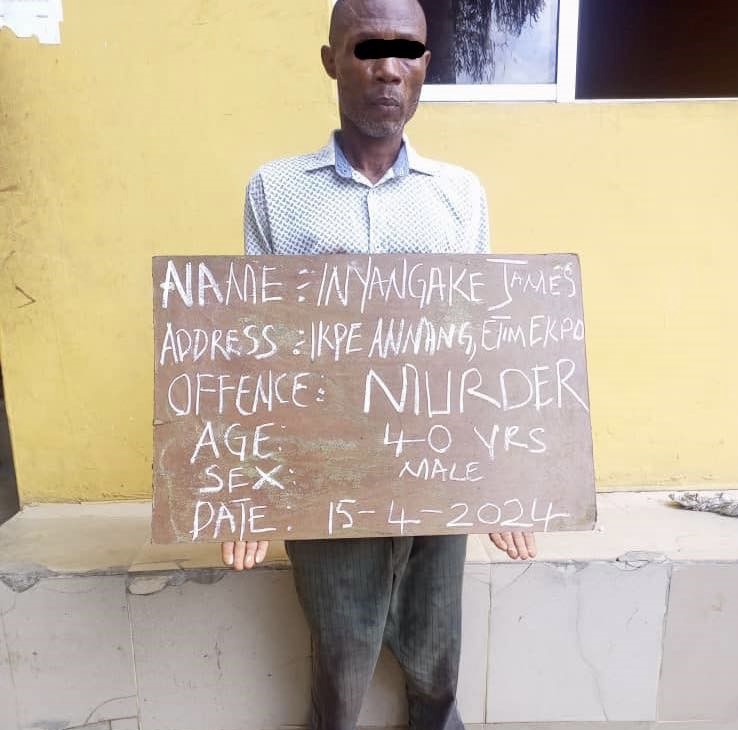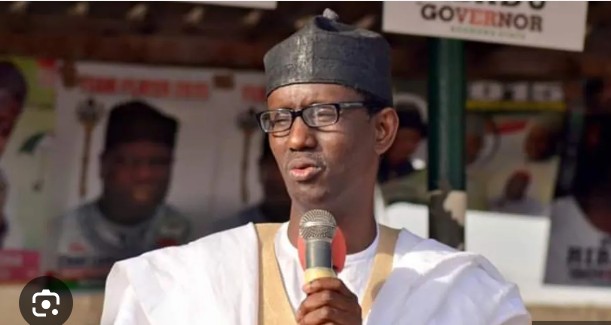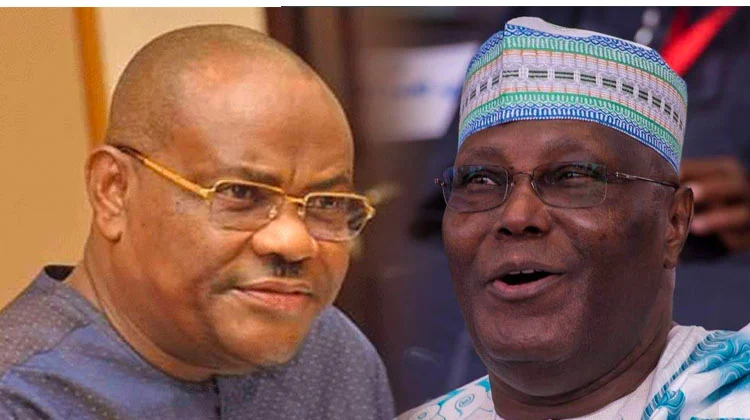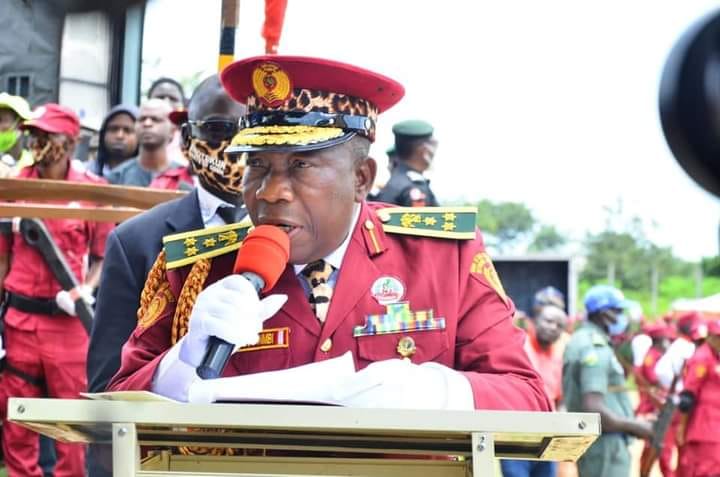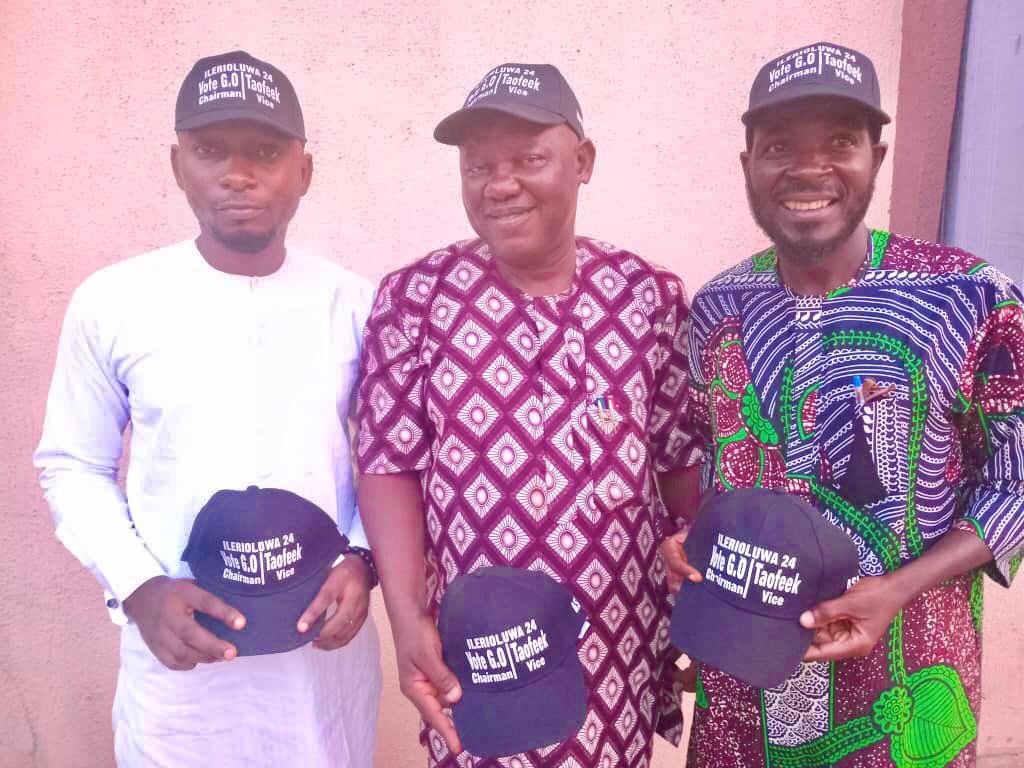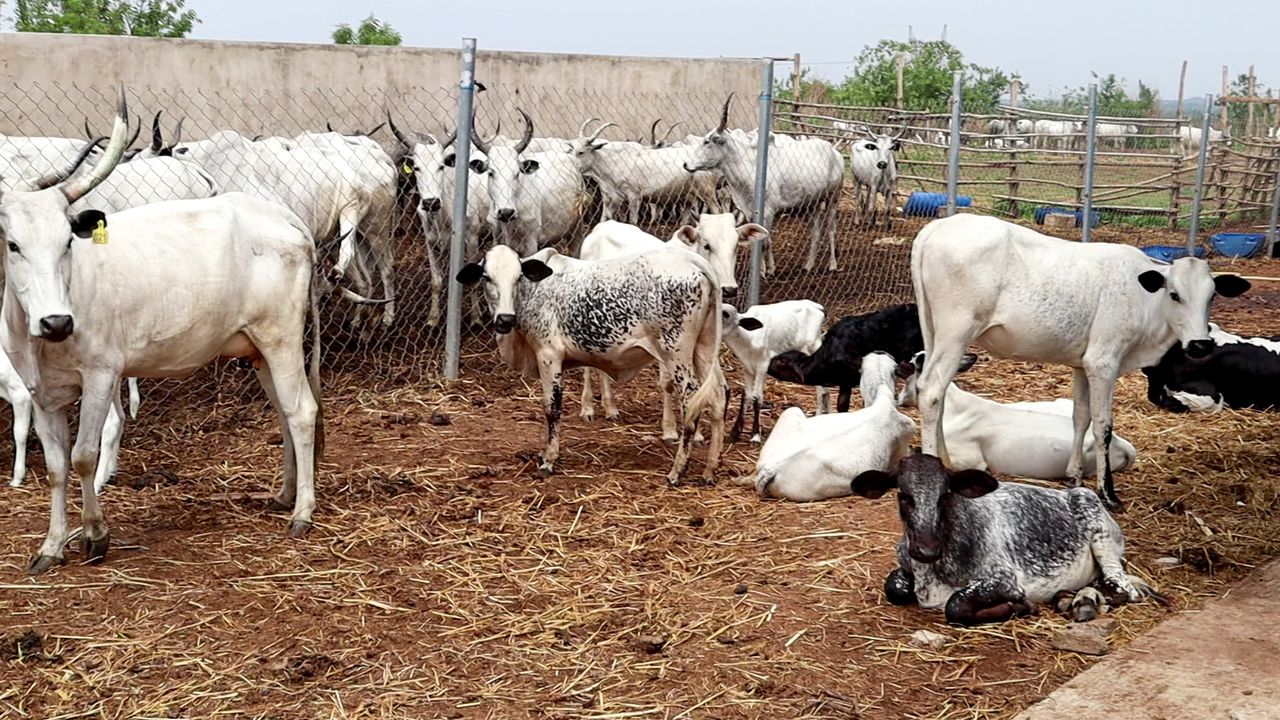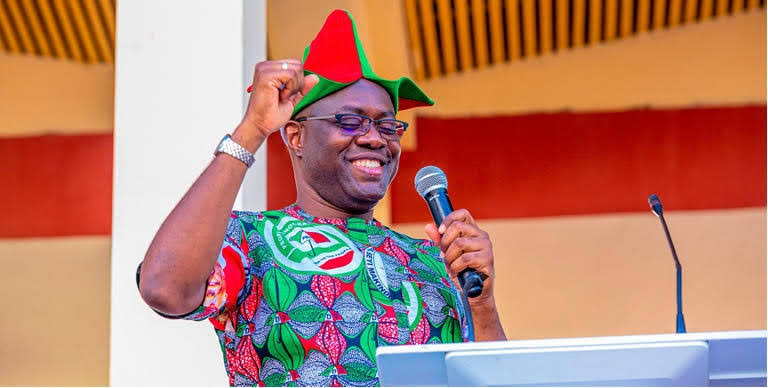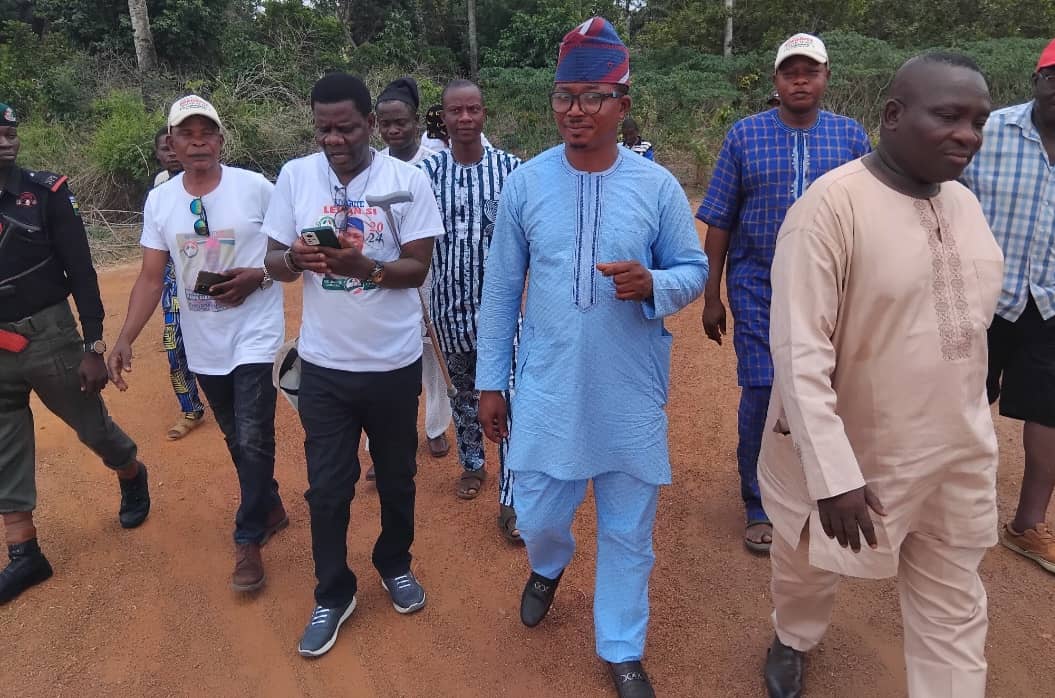Message to President Muhammadu Buhari: Nigerians should not be treated as metaphorical boiling frogs
Nigeria, Africa’s most populated country and largest economy has suffered from persistent ethnic, religious and political violence since independence from the British in 1960. It went through a civil war between 1967-1970, the Maitasine crisis in the 1980s; sporadic ethno-pastoral conflicts particularly in the Middle Belt; and militancy in the oil producing Niger Delta region in the southern part of the country. In the past decade in particular, there have been a spate of violent attacks linked to the group notoriously known as ‘Boko Haram’ in the northern part of the country where thousands of lives have been lost and extensive damage to property suffered, setting the already slow development of the region even further backwards. Furthermore, conflict between nomadic herdsmen, cattle rustlers, and farmers has most recently expanded to other parts of the country with an escalation in the spate of violent clashes resulting in several deaths with entire villages being burnt down, and animals and farmlands being destroyed.

Further south, a new wave of agitations by militants in the Niger Delta region as well as violent protests in the southeastern part of the country by pro-Biafra groups for the establishment of a Sovereign State of Biafra, raises concerns for the future security implications of the nation, the region and the global security environment in the near future. However, another danger bedeviling the country is the rise in banditry and kidnapping. Almost everywhere is unsafe for commuters especially at the countrysides.
Despite this myriad of security challenges, which for the most part remain internal with regional implications, and the multitude of issues that the new government of Muhammadu Buhari has to tackle, six years later, the population remain optimistic about the President’s ‘Change Agenda’. Expectations from Nigerians and the International community remain high as the former military ruler who is considered to be a no nonsense incorruptible ‘new born democrat’ continues to tackle the myriad of security issues plaguing the country.
Nigerian President Muhammadu Buhari has said Nigeria is facing “a state of emergency” as a result of ongoing insecurity. This emergency is commonly understood as the threat posed by Boko Haram in the country’s northeast. However, this lowers the complexity and multidimensional nature of Nigeria’s security challenges, which impact all of the country’s regions. At the same time, armed violence is not omnipresent across Nigeria and is primarily concentrated in specific geographic corridors.
The metaphor of the boiling frog, which describes the behaviour of a frog being slowly boiled alive, is apt. According to this axiom, if a frog is suddenly thrust into boiling water, it will jump out. But if the frog is put in water, which is then slowly boiled, it will not perceive the danger and will end up being boiled to death. The scientific basis for this claim is tenuous but it works perfectly as a metaphor for how the gradual escalation of danger can elude our notice until it is too late. It is about how institutions perceive and interpret risk.
As with the frog that is suddenly thrust into boiling water, governmental reflexes are conditioned to instantly respond to rapid changes in the national security threat environment; to risks that could quickly “heat up the polity” in Nigerian parlance. Our leadership reflexes, however, are far less astute at assessing the slow inflammation of the body politic. Over four decades, Nigeria’s national security architecture has been primed to respond to two specific threats—civil war and coup d’état. For security institutions still largely shaped by military dictatorship, the paramount consideration is the protection of the elite in power rather than unbiase safety for the lives and properties of the citizens in the society at large. The prevalent operational paradigm is not, in fact, national security, but regime security. All other threats exist in a huge official blind spot.
Dear President Muhammadu Buhari, what haps from a frank assessment is that the biggest threat to Nigeria is neither a formal secession by any region — Biafra nation or Odua nation — nor coup d’état but the pervasive breakdown of law and order and the very apparent inability of the state to guarantee the security of life and property. The clear and present danger to Nigeria is not a resurrected Biafra or a Jihadist caliphate, it is the untamed cancerous corruption that has eaten deep the soil in our land far beyond the root and about poor policy by the leadership of the country.
Painfully, this country risks collapse not through one epic separatist cataclysm but rather through death by a thousand cuts in various locales where it is now haemorrhaging sovereignty and legitimacy. The Nigerian state may have been right to fixate on separatism as the central threat to its existence, but it has been focused on the wrong manifestation of this threat. When hundreds of communities take to self-help in furtherance of their own survival and with demonstrable lack of confidence in the security umbrella of the Nigerian state, that too is a form of secession.
Exploiting a security vacuum, criminal gangs in North West Nigeria have been behind a surge of kidnappings for ransom targeting boarding schools. In the last five years, the North West has experienced the greatest concentration of kidnappings in Nigeria. The ransoms collected through these mass abductions have become a means of business for these criminal gangs. Mass kidnappings in Zamfara, Niger, and Katsina states have emulated 2014’s infamous kidnapping of the Chibok schoolgirls by Boko Haram and have forced the government to respond. Government spokespeople deny paying ransom to secure the release of the children, but on-the-ground accounts contradict this. Moreover, government officials may benefit from the large amounts of cash used to secure hostages’ release. As in the North East, kidnapping for ransom has made highways in the region too dangerous for travel, and airlines now operate short flights from Abuja to Kaduna.
This is an indication that virtually African continent developmental indices, economic philosophies, political ideologies, psychic dispositions, spiritual and social environments are still very nascent and awkward. At this 21st century, African leaders and citizens should realize that things and happenings are no longer on the theoretical propositions, metaphysical planes, but on the scientific positivism. That is on the basis of breaking new grounds of knowledge towards current world class scheme of things in every facets of social, economic, political, academic and otherwise. Instead of remaining stunted in addressing her home based sensitive issues in such a barbaric, uncivilized and unscientific approaches.
The state’s abject failure to provide public goods such as healthcare, power supply, potable water, road network, employment and quality education has been well documented as the consequent adoption of these governmental tasks by private citizens. Government should, instead, shift to the long overdue task of modernizing the police force, equipping it for twenty-first century challenges, and positioning it as the vanguard of a law enforcement and public safety architecture that accounts for and regulates citizen-led communal vigilance initiatives. The federal government must remedy the longstanding disparity in the distribution of law enforcement assets that leaves rural Nigeria vulnerable to bandits and sundry criminal elements. These upgrades must also extend to the broader reaches of the intelligence and security services, the criminal justice system, the judiciary and the penal system.
Ultimately, even if Nigeria does not exactly become a night watchman state, the government must zealously commit to securing the perimeter for free and lawful enterprise to flourish. We must become a nation of enforceable laws and a sustainable peace. Land management is another crosscutting issue shaping Nigeria’s security challenges. Currently, there are on average over 500 people per square mile living in Nigeria. The country’s population is projected to double to 400 million in the next 30 years, spiking its population density to levels currently seen in Israel and India.
Already, many Nigerians are struggling to find sufficient resources and opportunities to imagine a secure future for themselves and their families. Nigeria recently surpassed India as home to the most people living in poverty in the world, and its unemployment rate is 33 percent. Reflecting the multidimensional nature of Nigeria’s security threats, negotiating access to land will be an increasingly critical factor in managing Nigeria’s security landscape moving forward.
By Basheer Luqman Olarewaju

